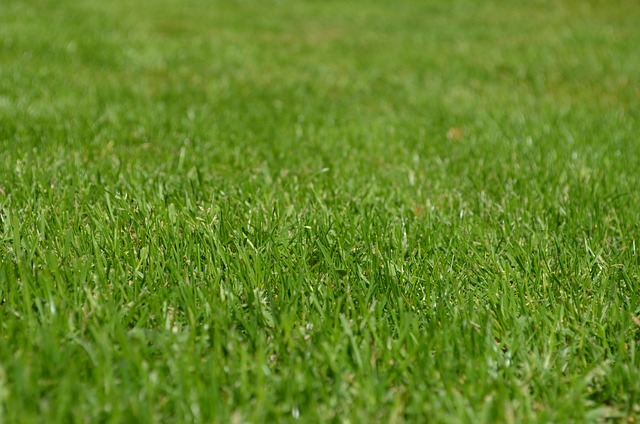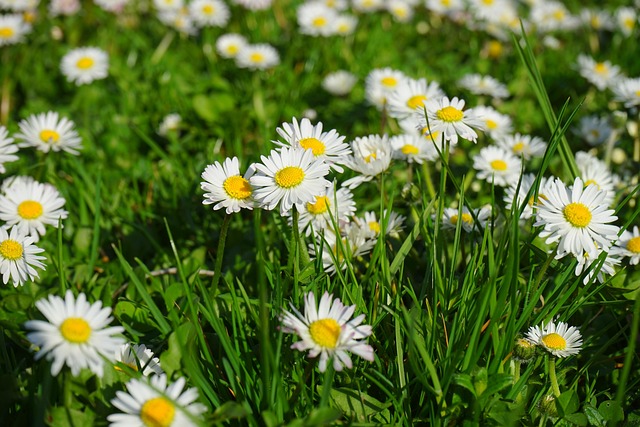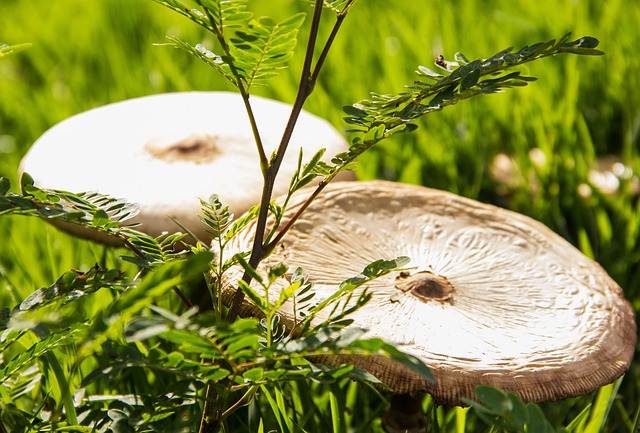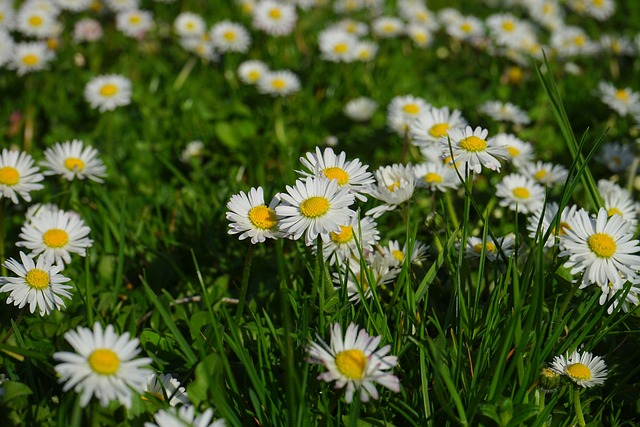In Westminster, effective spring lawn care requires understanding and addressing weed growth dynamics, leveraging cultural practices like mowing and pre-emergent herbicides, as well as eco-friendly biological control methods. Tailored spring weed control treatments combine organic and chemical solutions applied early to mid-season, followed by regular maintenance and monitoring. Seasonal adjustments ensure year-round weed-free lawns through consistent care and timely intervention.
In the vibrant, bustling city of Westminster, maintaining lush, healthy lawns throughout the spring season presents unique challenges due to robust weed growth. This article explores effective biological treatment strategies for managing spring weeds. We’ll delve into understanding the dynamics of weed species prevalent in Westminster lawns and examine powerful yet eco-friendly control methods. Additionally, we provide practical implementation and maintenance tips to ensure long-lasting weed suppression, helping you achieve a pristine lawn all season long. Discover how these strategies can revolutionize your approach to spring weed control treatments in Westminster.
- Understanding Spring Weed Dynamics in Westminster Lawns
- Biological Control Methods for Effective Spring Weed Management
- Implementation and Maintenance Tips for Long-Lasting Weed Control
Understanding Spring Weed Dynamics in Westminster Lawns

In Westminster, understanding the dynamics of spring weed growth is crucial for effective lawn care. During this season, many weeds emerge due to warmer temperatures and increased rainfall, posing a significant challenge for lawn owners. Identifying specific weed species is the first step; different plants require tailored spring weed control treatments in Westminster. For instance, cool-season weeds like dandelions and chickweed thrive in the milder winters and often become more prominent in early spring.
Knowing their life cycles helps in devising strategic control measures. Regular mowing can be a powerful tool to manage these weeds as it inhibits seed dispersal. Additionally, pre-emergent herbicides applied before weed seeds germinate can prevent their growth effectively. The right combination of cultural practices and targeted applications of chemicals ensures a lush, weed-free lawn throughout the spring season.
Biological Control Methods for Effective Spring Weed Management

In the pursuit of a lush, green lawn, biological control methods offer a sustainable and eco-friendly solution for spring weed management in Westminster. Unlike traditional chemical treatments, these strategies harness the power of natural enemies to suppress weed growth. By introducing beneficial insects or microorganisms, such as certain types of fungi and bacteria, into the lawn ecosystem, homeowners can effectively target specific weed species without harming grass plants or the environment.
Biological control is a precise approach that imitates nature’s own defense mechanisms. For instance, certain insect predators feed exclusively on weeds, providing a natural check against their proliferation. Similarly, microbial agents can disrupt weed growth by inhibiting nutrient absorption or causing disease. This targeted approach ensures minimal environmental impact and promotes the overall health of the lawn. In addition, it empowers homeowners to manage weeds responsibly, contributing to a greener and more sustainable Westminster landscape.
Implementation and Maintenance Tips for Long-Lasting Weed Control

Implementing effective spring weed control treatments in Westminster requires a strategic approach. Begin by identifying the specific types of weeds prevalent in your lawn, as different species may necessitate tailored solutions. Professional services often employ a combination of organic and chemical methods for maximum efficacy. Application should occur before weeds mature, typically early to mid-spring, to disrupt their growth cycle.
Regular maintenance is key to long-lasting results. Post-treatment, ensure proper watering to activate the applied products. Ongoing monitoring is essential; reapplication might be needed based on weed resurgence. Seasonal variations influence weed behavior, so adjust strategies accordingly. Remember, consistent care and timely intervention are vital for maintaining a weed-free lawn throughout the year.
In conclusion, implementing biological treatment strategies for spring weed control in Westminster lawns offers a sustainable and eco-friendly approach. By understanding local weed dynamics and employing methods like biological controls, homeowners can achieve long-lasting results without harmful chemicals. Following the implementation tips ensures these strategies remain effective, fostering healthier, weed-free lawns throughout the season.
